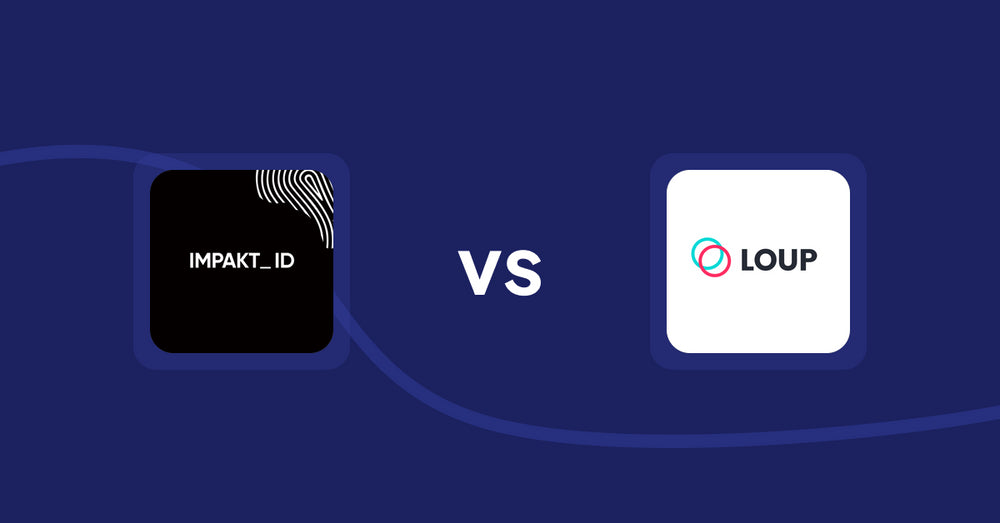Shopify Metafield Apps: Helium Customer Fields vs Mport - Bulk Metafield Import

Table of Contents
- Introduction
- How Does Helium Customer Fields Work?
- How Does Mport - Bulk Metafield Import Work?
- How Much Does Helium Customer Fields Cost?
- How Much Does Mport - Bulk Metafield Import Cost?
- Cost Analysis: Helium Customer Fields vs. Mport - Bulk Metafield Import
- User Reviews & Customer Support Insights
- Integration and Compatibility Comparison
- Conclusion
Introduction
In today’s dynamic e-commerce landscape, understanding and utilizing customer data efficiently is pivotal for business growth. Shopify merchants, whether they run small boutiques or large enterprises, recognize the significance of metafields; these specialized fields enable customized data storage related to products, orders, and customers. Metafield apps can dramatically enhance the way businesses handle customer relationships, offering tailored experiences that drive engagement and increase sales.
This blog will compare two prominent Shopify apps: Helium Customer Fields and Mport - Bulk Metafield Import. Both of these applications provide unique capabilities for managing metafields, yet they cater to different business needs. While Mport focuses on bulk importing product metafields, Helium Customer Fields stands out by allowing merchants to create bespoke customer sign-up forms, streamlining customer data management and significantly enhancing the overall customer experience.
How Does Helium Customer Fields Work?
Helium Customer Fields is designed for Shopify merchants looking to gather, manage, and utilize customer data effectively. Here’s how it functions:
Setup: Merchants can utilize a simple drag-and-drop builder to create tailor-made registration forms. These forms can be customized based on business requirements, allowing for a wide variety of fields such as pet’s name or VAT ID.
Data Collection: Once customers sign up, their input is automatically synced with Shopify fields or customer metafields. This ensures that all customer data is coherent and accessible.
User-Friendly Features: Notably, Helium also allows customers to edit their own information, thereby reducing overhead for team members and empowering customers. With automatic and conditional customer tagging, businesses can categorize their customers easily, enhancing targeted marketing efforts.
Key Features of Helium Customer Fields
-
Customizable Form Creation: The ability to design forms specific to different customer segments allows for effective data gathering, whether for general customers or specialty groups like wholesale buyers.
-
Email Notifications for Staff: Automatic alerts about customer registrations or changes ensure that your team stays updated on customer activities.
-
Customer Auto-Tagging: With this feature, businesses can classify customers based on their responses. This capability is invaluable for personalized marketing strategies, making it easier to engage customers based on their preferences.
-
API Access for Developers: For businesses looking for tailored solutions, Helium provides REST API access. This flexibility is essential for companies needing a more customized integration.
Benefits for Businesses of All Sizes
For startups and small businesses, Helium Customer Fields offers simplicity and a straightforward setup without the need for extensive developer resources. As these businesses grow, they can utilize advanced features like auto-tagging and API integrations to enhance their marketing and customer management processes.
In contrast, larger enterprises can benefit from priority support and unlimited form access, ensuring they manage vast quantities of customer data without compromising on quality.
Hypothetical Scenario: Imagine a boutique that creates a personalized shopping experience by asking customers about their favorite products and preferences during signup. This information is used to tailor marketing campaigns that resonate with each customer, ultimately leading to increased conversion rates. This scenario highlights how Helium Customer Fields can drive business success through effective customer engagement.
How Does Mport - Bulk Metafield Import Work?
Mport - Bulk Metafield Import simplifies the process of managing product metafields for Shopify merchants. Here’s how it operates:
CSV Import/Export: Users can easily import and export product metafields using CSV files. This method streamlines the addition of data types ranging from single-line text to complex files.
Bulk Operations: The app allows merchants to create numerous metafields at once, saving time and enhancing productivity.
Key Features of Mport - Bulk Metafield Import
-
Easy CSV Management: Mport’s bulk import/export capabilities by product SKU or handle ensure that merchants can quickly adapt their inventory data, especially beneficial for businesses with extensive catalogs.
-
Error Tracking and Reporting: Users receive success and error reports after imports, allowing for swift issue resolution and ensuring data integrity.
-
Scalability: As businesses grow, Mport accommodates larger data sets, supporting up to 5000 product metafields in its advanced plan, which is significant for expanding product lines.
Benefits for Varied Business Sizes
For small to medium businesses, Mport provides an economical solution for managing metafields without requiring extensive technical knowledge. For larger enterprises, however, the limitations on data import volumes across different pricing tiers may not meet their extensive needs, making Helium a more advantageous option.
How Much Does Helium Customer Fields Cost?
Adopting cost-effective solutions in managing metafields is crucial for maximizing ROI. Here’s a breakdown of the plans offered by Helium Customer Fields:
-
Lite Plan – $12/month:
- Features: Basic Shopify fields, account approval, edit account page, email notifications, and the ability to sync up to 5000 customers with two forms.
- Target Audience: Ideal for startups seeking essential features without overwhelming complexity.
-
Pro Plan – $26/month:
- Features: Includes all Lite features plus custom fields, customer auto-tagging, conditional rules, app integrations, syncing up to 10,000 customers, and five forms.
- Target Audience: Suitable for growing businesses that require more customizable options for customer data.
-
Advanced Plan – $60/month:
- Features: All Pro features, priority support, REST API access, syncing up to 50,000 customers, and unlimited forms.
- Target Audience: Perfect for enterprises that need robust functionalities to manage extensive customer databases effectively.
It is important to note that you can always reach out to our team, and we can create a custom pricing plan to suit your needs and your budget. Schedule a call via this link and we’ll come up with the best solution for you and your business.
How Much Does Mport - Bulk Metafield Import Cost?
Mport offers a few budget-friendly options when it comes to metafield management, making it accessible for different business scales:
-
Free Plan:
- Features: Import/export up to 10 product metafields and basic CSV functionalities.
- Target Audience: This plan serves startups looking to dip into metafield management without initial financial commitment.
-
Basic Plan – $2.99/month:
- Features: Import/export up to 50 product metafields.
- Target Audience: Small businesses requiring more flexibility in product data management.
-
Professional Plan – $9.99/month:
- Features: Import/export up to 1000 product metafields.
- Target Audience: Small to medium businesses with a growing inventory.
-
Advanced Plan – $19.99/month:
- Features: Import/export up to 5000 product metafields.
- Target Audience: Larger businesses needing a more extensive solution.
Cost Analysis: Helium Customer Fields vs. Mport - Bulk Metafield Import
When comparing the pricing of these apps, Helium Customer Fields presents a more compelling value proposition. The entry point for Helium is higher, but the extensive features offered at each tier justify the cost, especially for businesses interested in customizing their customer data collection processes.
Mport's lower pricing may initially attract users, yet as businesses scale and require advanced features, Helium Customer Fields is likely to provide a more robust solution—especially for those leveraging custom forms and advanced customer tagging.
User Reviews & Customer Support Insights
Is Helium Customer Fields Good?
Helium Customer Fields boasts a 5-star rating from 64 reviews, indicating high user satisfaction. Customers appreciate its intuitive design, diverse form-building capabilities, and responsive customer support. Recent updates and active engagement from the developers further contribute to its stellar reputation.
Is Mport - Bulk Metafield Import Good?
In contrast, Mport has launched only recently with an average rating of 0 stars. Since the app has yet to gather user reviews, one might speculate that potential users could appreciate how easy it is to manage bulk imports. However, without customer feedback, it's difficult to gauge its effectiveness completely.
User Preference: Helium Customer Fields or Mport - Bulk Metafield Import?
Based on the average ratings, Helium Customer Fields is decidedly the preferred choice among users. With its strong feature set and proven effectiveness, it resonates more with businesses looking for comprehensive customer data management solutions. The absence of reviews for Mport highlights potential gaps in user validation and trust.
Integration and Compatibility Comparison
Helium Customer Fields Integrations
Helium integrates seamlessly with platforms such as Shopify Flow, Zapier, and Slack, allowing for a versatile approach to customer data management. These integrations improve operational efficiency and enhance marketing strategies through effective data utilization.
Mport - Bulk Metafield Import Integrations
Mport doesn't currently offer integrations with external software solutions. This lack may limit its functionalities compared to Helium, which thrives on its capability to connect with various platforms for enhanced usability.
Conclusion
While both Helium Customer Fields and Mport - Bulk Metafield Import offer robust solutions for managing metafields, Helium distinguishes itself through its comprehensive features, user-friendly design, and strong support team. With a stellar 5-star rating, it delivers value not only through functionality but through an understanding of merchants' needs.
Mport, while cost-effective, falls short in user experience and integration capabilities. As businesses scale and require more advanced metafield management solutions, Helium Customer Fields emerges as the superior choice.
Still Searching for the Perfect Customization Solution?
Stop searching and start thriving with Accentuate Custom Fields! This powerful metafield management app supercharges Shopify’s native features, giving you the tools to create a truly personalized customer experience.
Why Choose Accentuate Custom Fields?
- Advanced Customization: Unlimited field definitions, logical grouping, and custom layouts make your store one-of-a-kind.
- Enhanced Editor Experience: Effortlessly edit variant metafields, use advanced HTML and markdown editors, and sync field definitions between stores.
- Flexible Management: Import/export capabilities, automatic tagging, and comprehensive support for Metaobjects and versioning.
- 24/7 Support: If you have any questions or need assistance, our team is available around the clock to help with any custom modifications to suit your store.
Join over 12,000 merchants, including top Shopify Plus stores, who trust Accentuate for their customization needs. With a stellar 4.9-star rating, Accentuate is the go-to tool for advanced CMS needs, offering unmatched flexibility and control over your store’s content. Elevate your Shopify store with high-quality content that boosts customer experiences and conversions. Tell your story, showcase your products, and create an engaging customer journey with ease.
Experience the Accentuate difference and watch your Shopify store thrive!
Accentuate vs Competition
Explore how Accentuate Custom Fields stands out. Whether you’re aiming to customise your storefront, streamline operations or improve content management, see how we compare against the competition
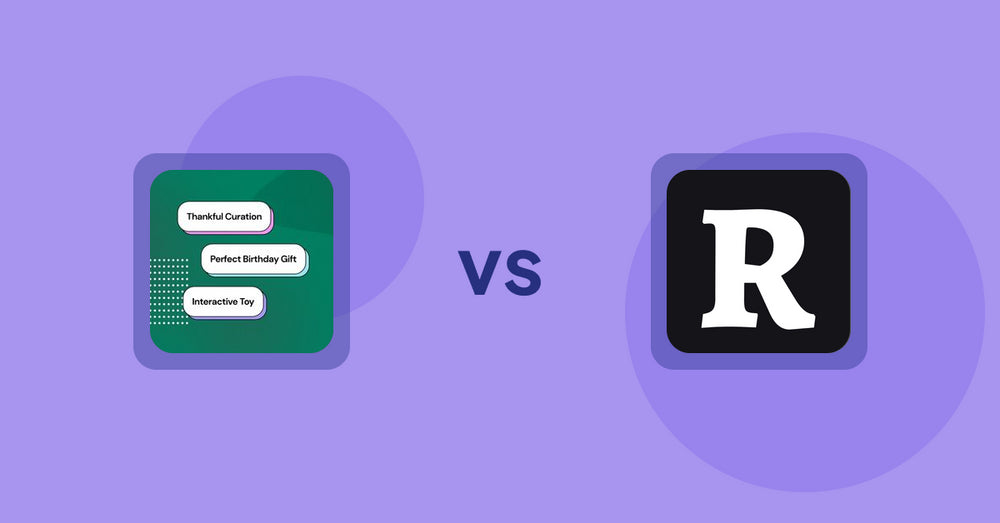
Shopify Product Display Apps: FeatureFrame ‑ Pretty Product vs. AI SEO: Top Product Features
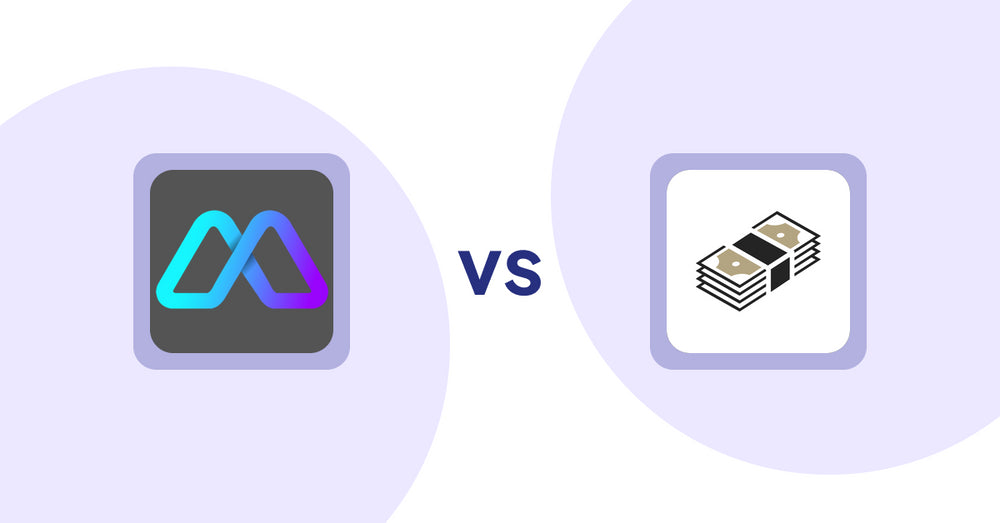
Shopify Product Display Apps: Metadrob: Create Virtual Store vs シンプルクラウドファンディング|お手軽自社クラファン
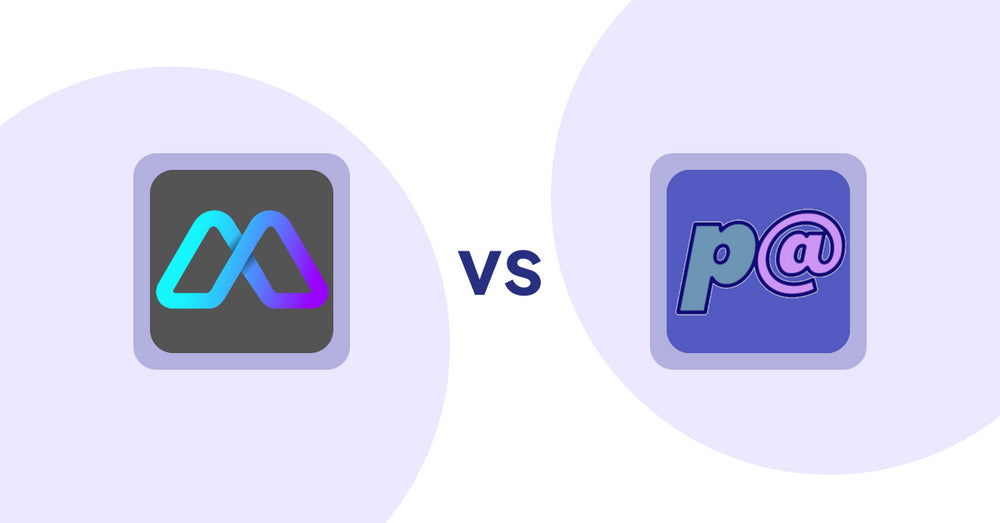
Shopify Product Display Apps: Metadrob: Create Virtual Store vs Parameterizer
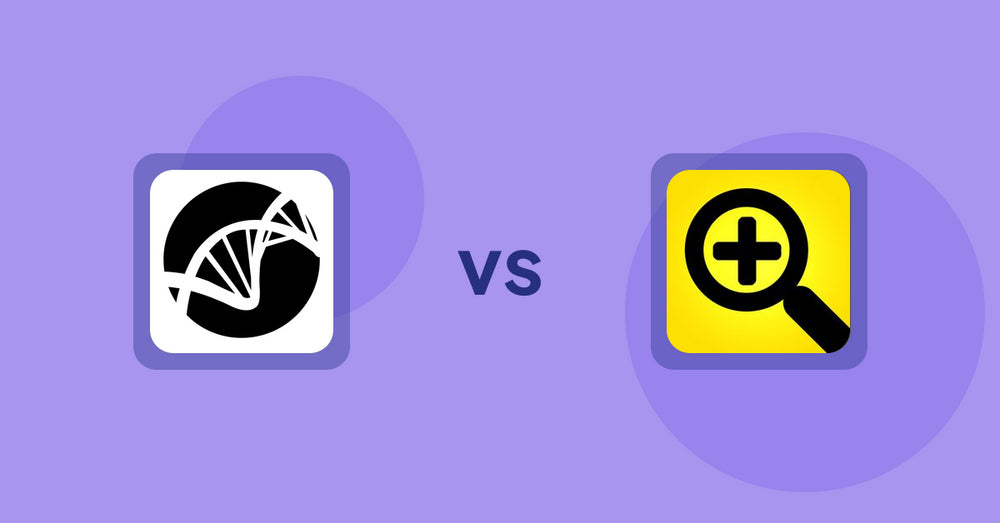
Shopify Product Display Apps: Bike Matrix vs. Fast View: Fastest Quick View
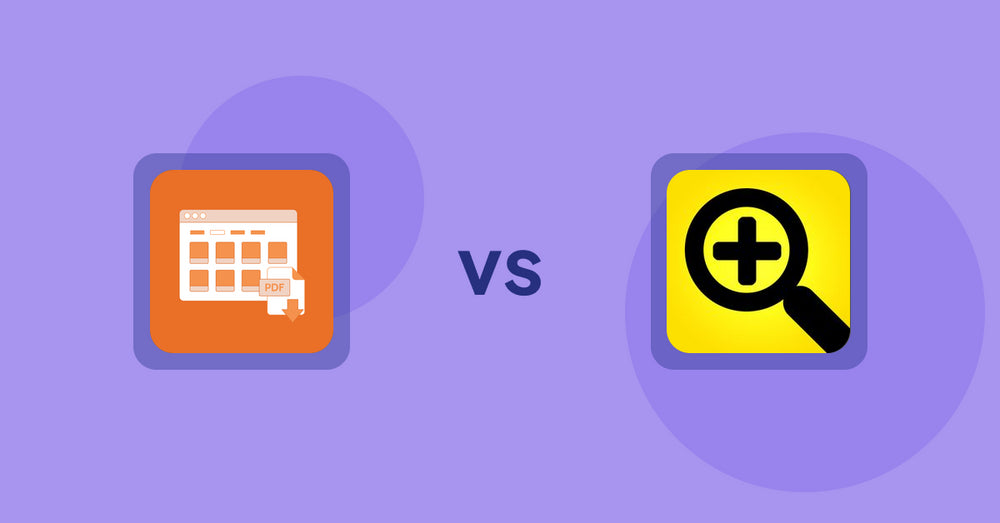
Shopify Product Display Apps: Meetanshi PDF Product Catalog vs Fast View: Fastest Quick View

Shopify Product Display Apps: UR: Smart Ranking vs Sortyfi Collection Merchandise
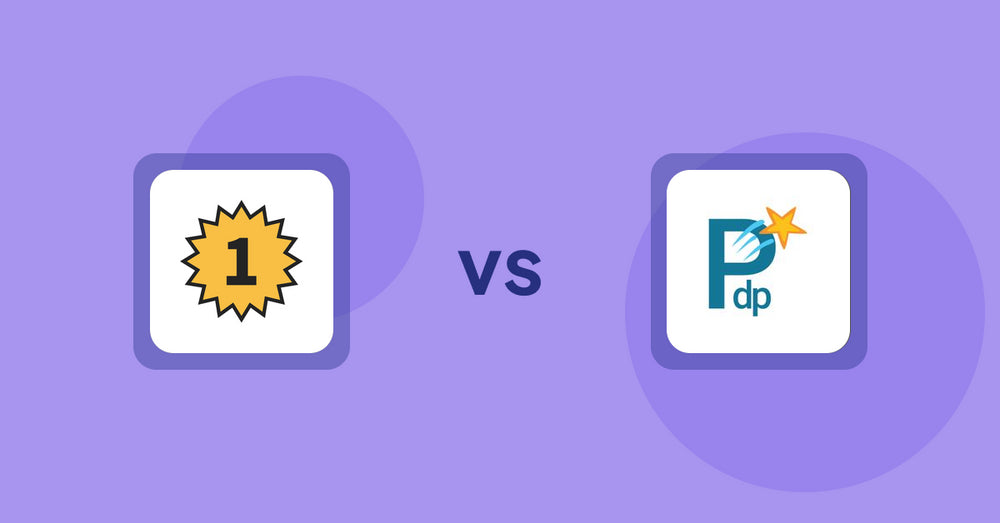
Shopify Product Display Apps: UR: Smart Ranking vs PDP Star
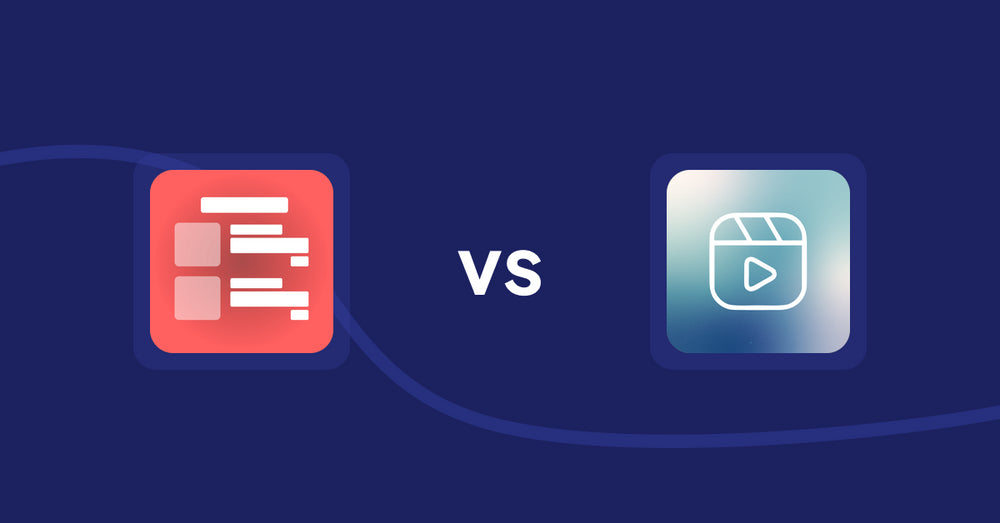
Shopify Product Display Apps: Menulog vs Reelify ‑ Shoppable Reel Video
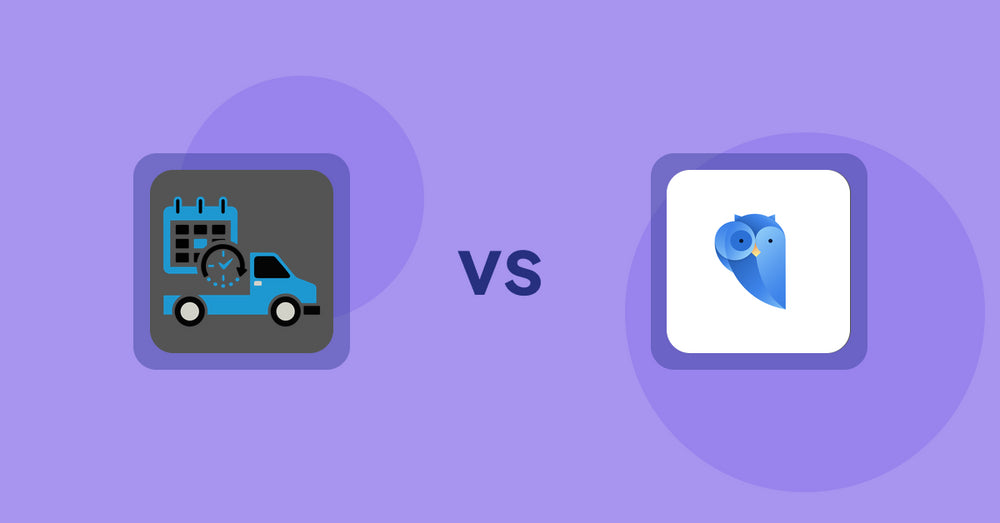
Shopify Product Display Apps: H3 Estimated Delivery vs Findify Search & Merchandise
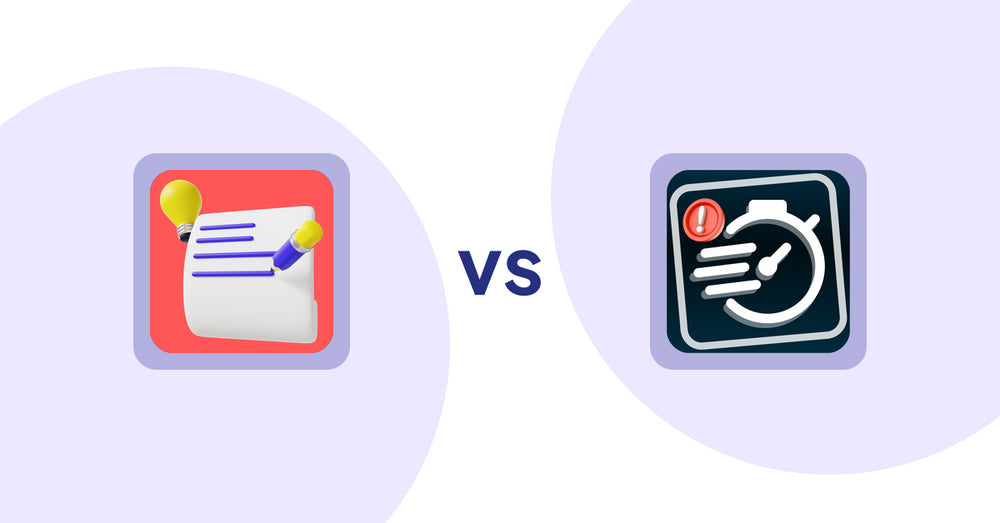
Shopify Product Display Apps: Wordo ‑ ChatGPT AI Description vs Urgency! Low Stock Counter
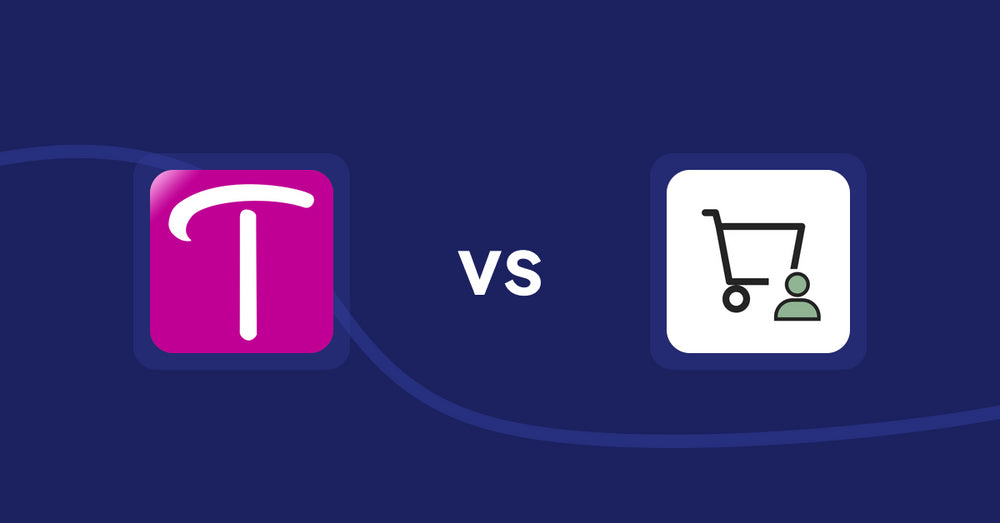
Shopify Product Display Apps: WS Transparency vs シンプル会員注文割引|お手軽ログインセール設定
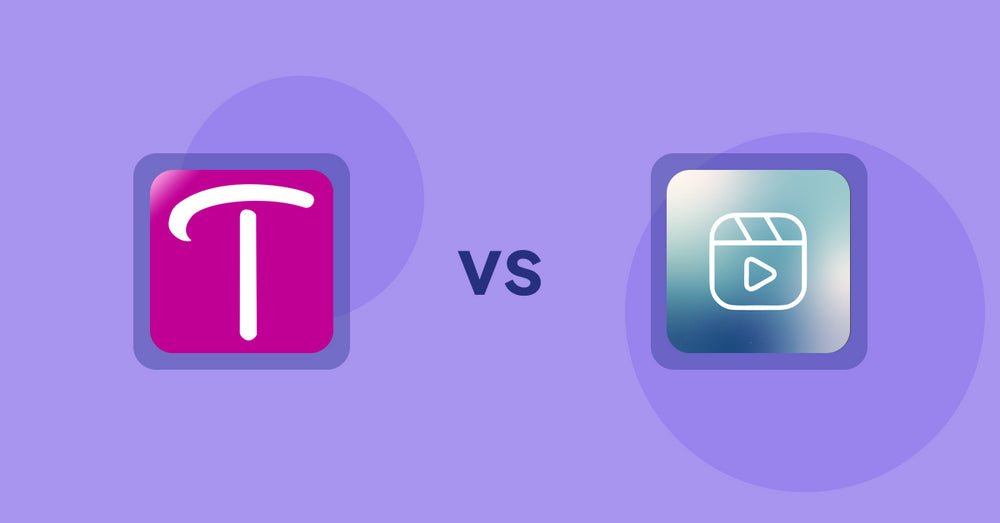
Shopify Product Display Apps: WS Transparency vs Reelify ‑ Shoppable Reel Video
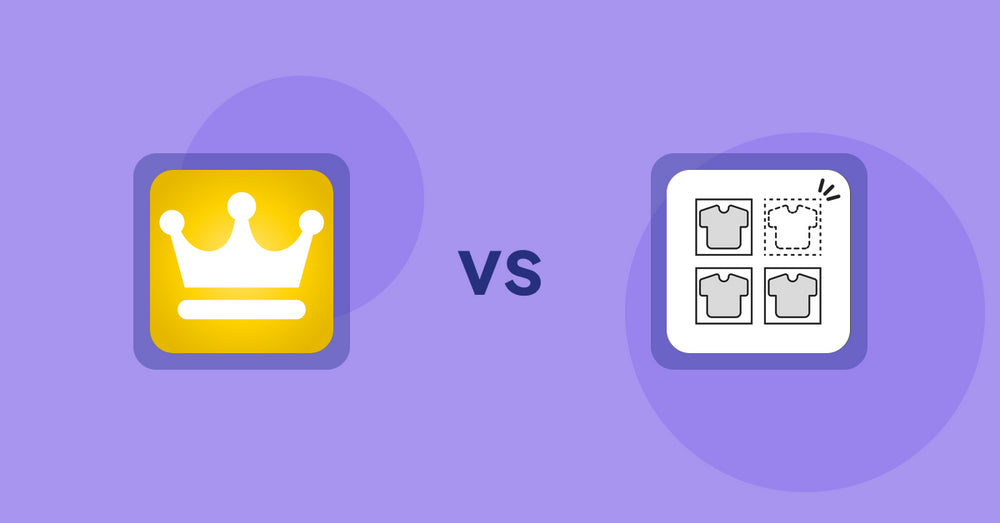
Shopify Product Display Apps: Awesome Ranking vs シンプル売り切れ非表示|在庫切れ商品の表示変更
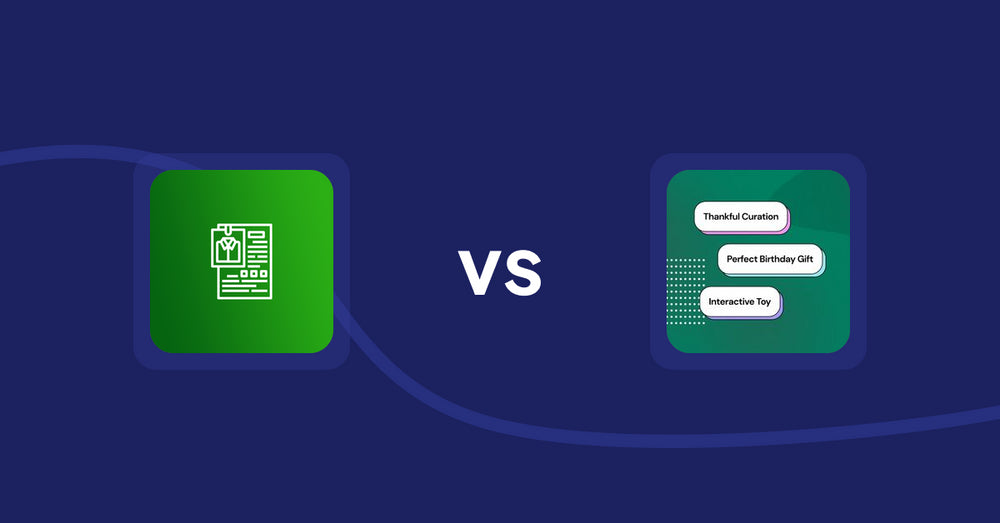
Shopify Product Display Apps: OC Product Size Chart vs FeatureFrame ‑ Pretty Product
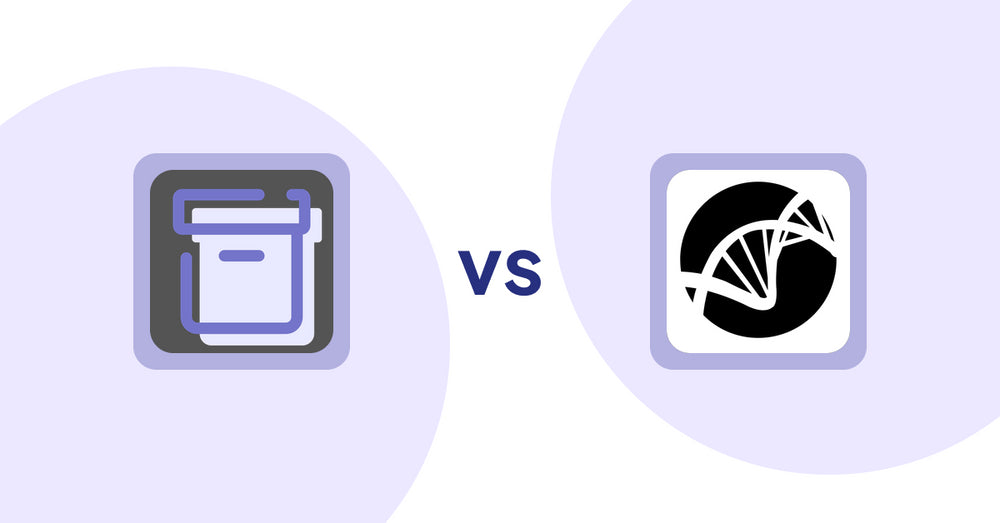
Shopify Product Display Apps: Shelfify vs Bike Matrix
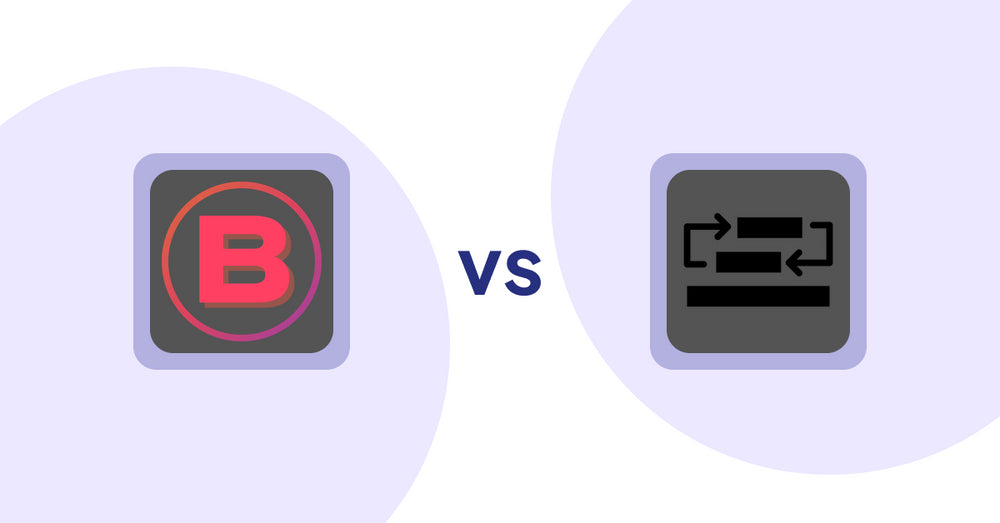
Shopify Product Display Apps: Banter Stories vs Sortyfi Collection Merchandise
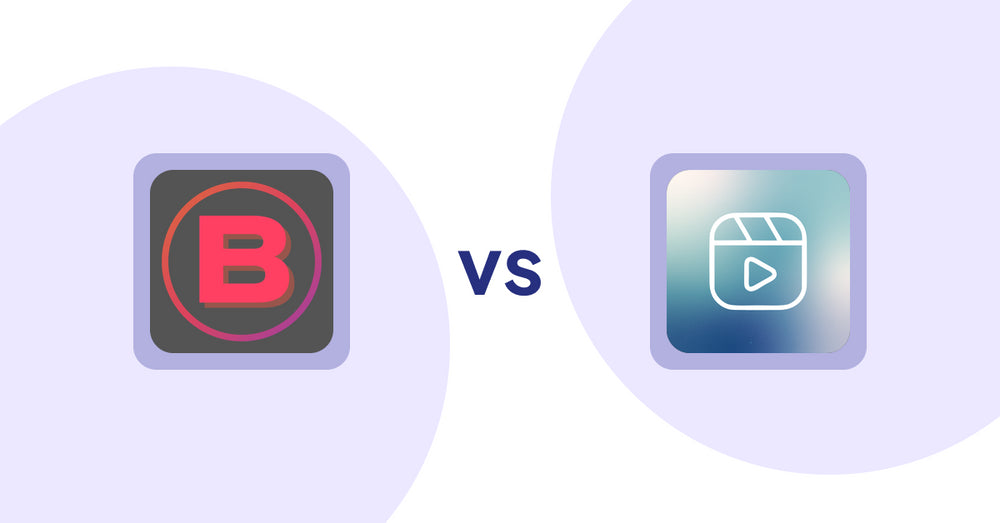
Shopify Product Display Apps: Banter Stories vs. Reelify ‑ Shoppable Reel Video
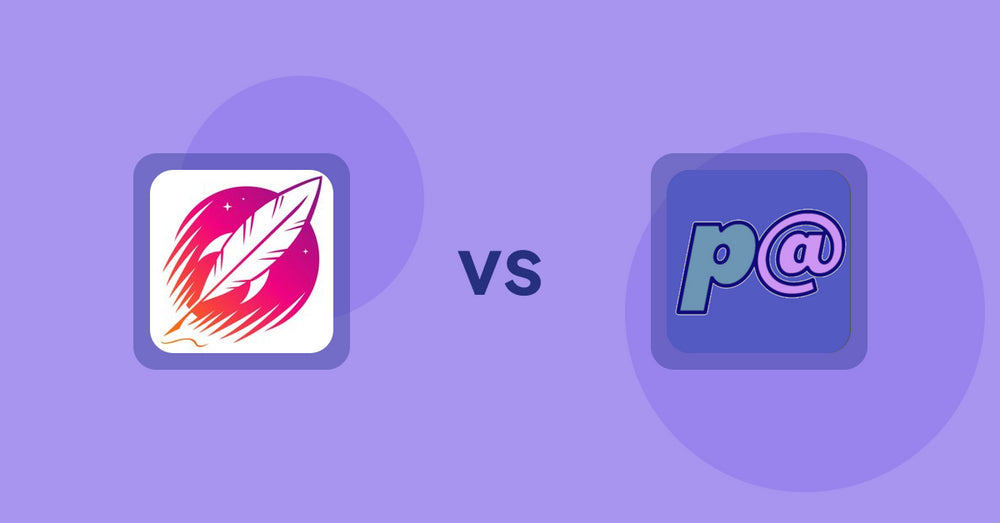
Shopify Product Display Apps: Wordsmith: Content Generator vs Parameterizer

Shopify Product Display Apps: Wordsmith: Content Generator vs Reelify ‑ Shoppable Reel Video
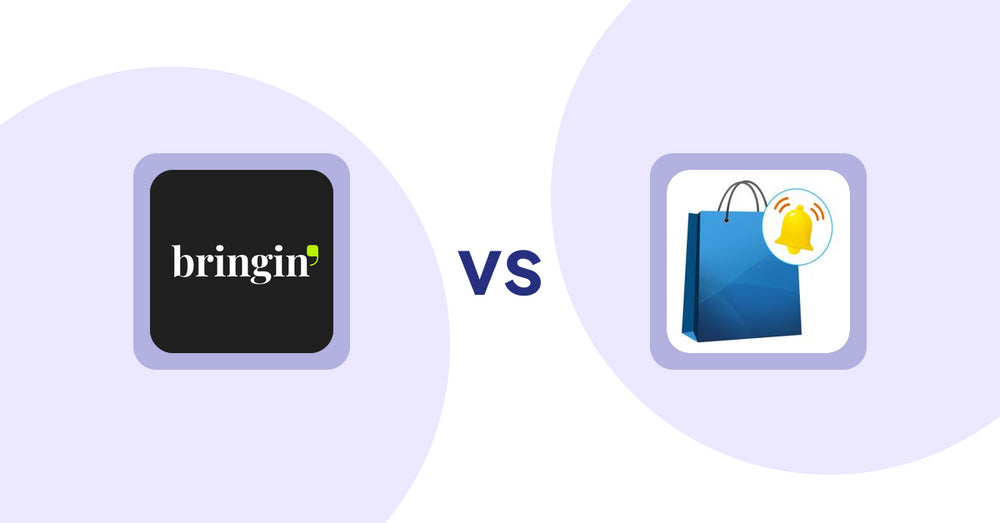
Shopify Product Display Apps: Bringin vs CartBar ‑ Product Purchase Bar
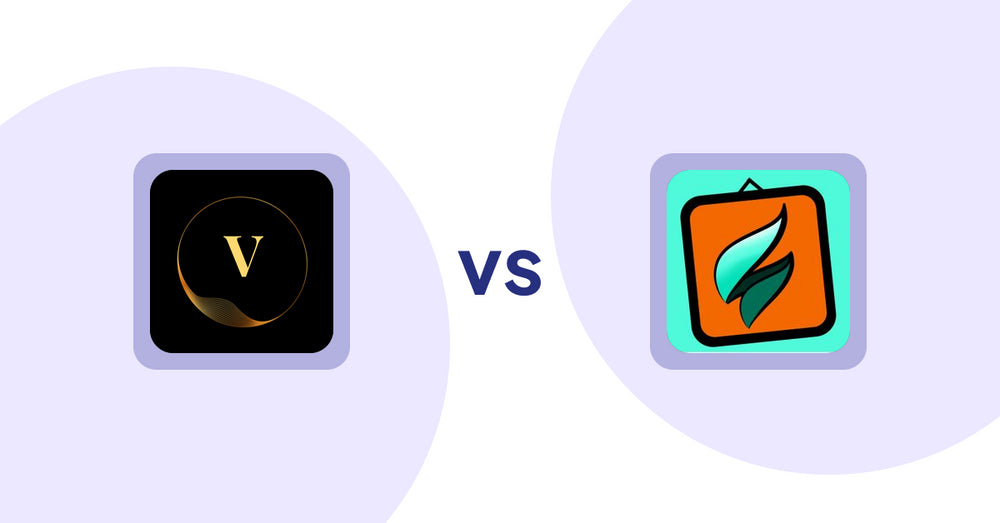
Shopify Product Display Apps: ProductTube vs SMART ‑ Art Product Builder
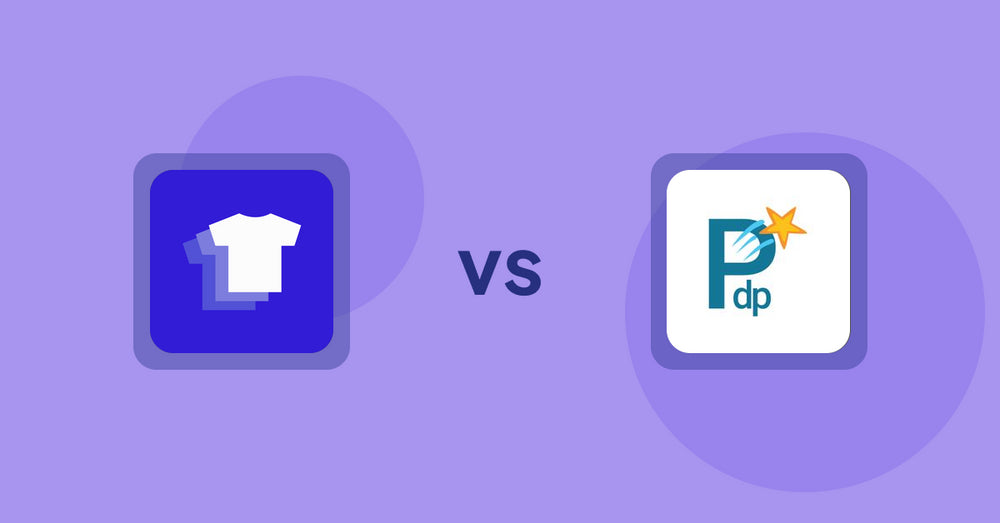
Shopify Product Display Apps: Xpander vs PDP Star
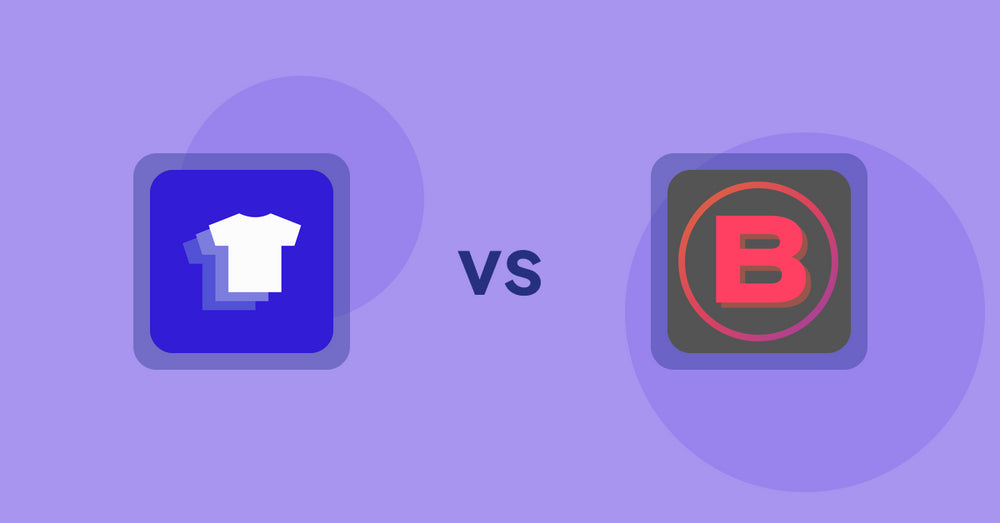
Shopify Product Display Apps: Xpander vs Banter Stories
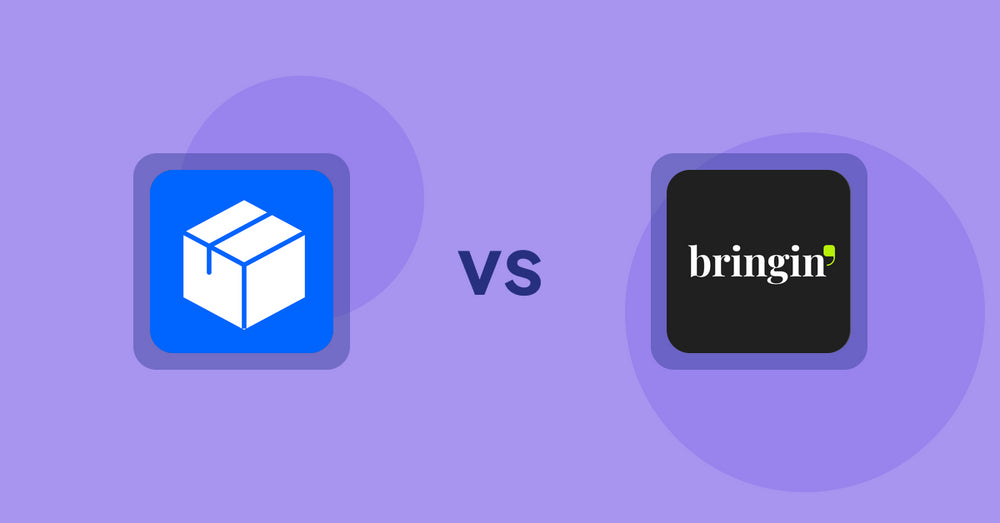
Shopify Product Display Apps: Wonderful Widgets vs Bringin
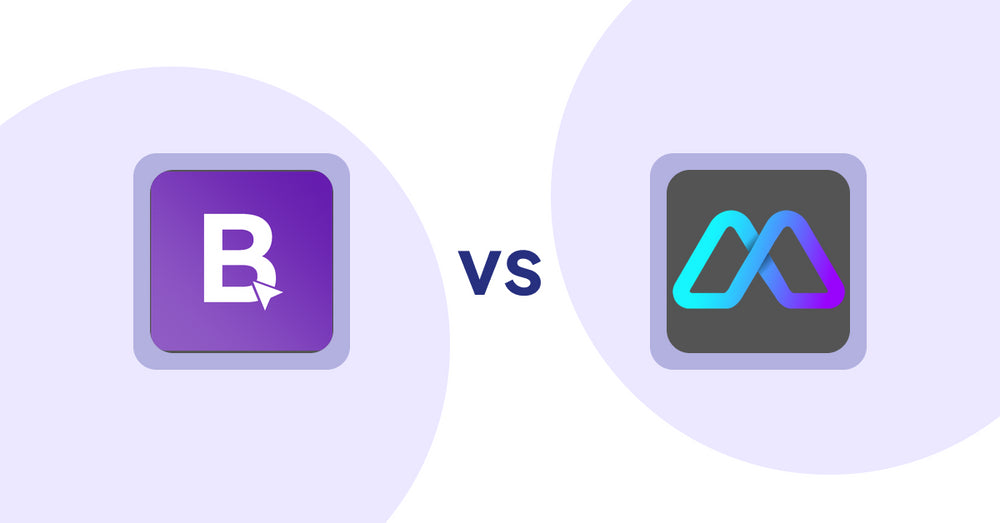
Shopify Product Display Apps: BookE - Rent Property & Service vs Metadrob: Create Virtual Store
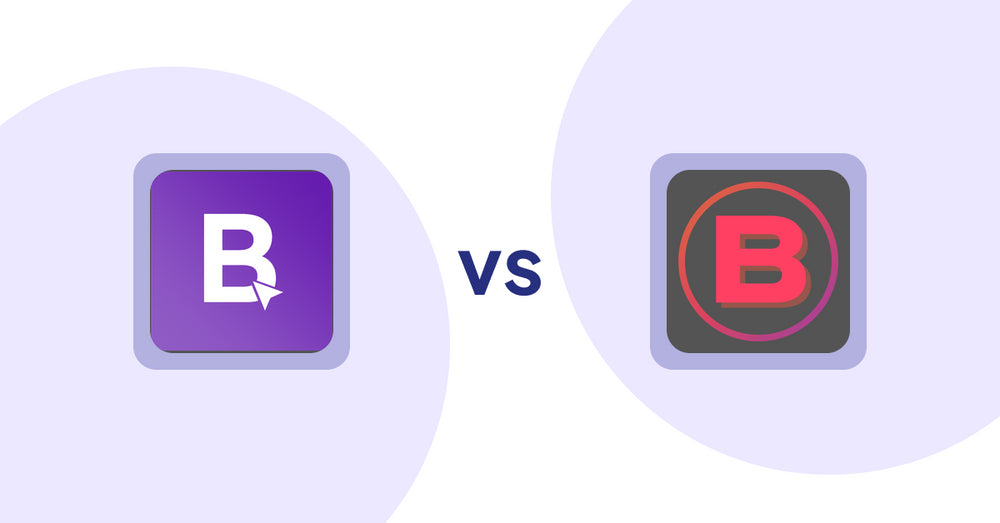
Shopify Product Display Apps: BookE ‑Rent Property & Service vs. Banter Stories
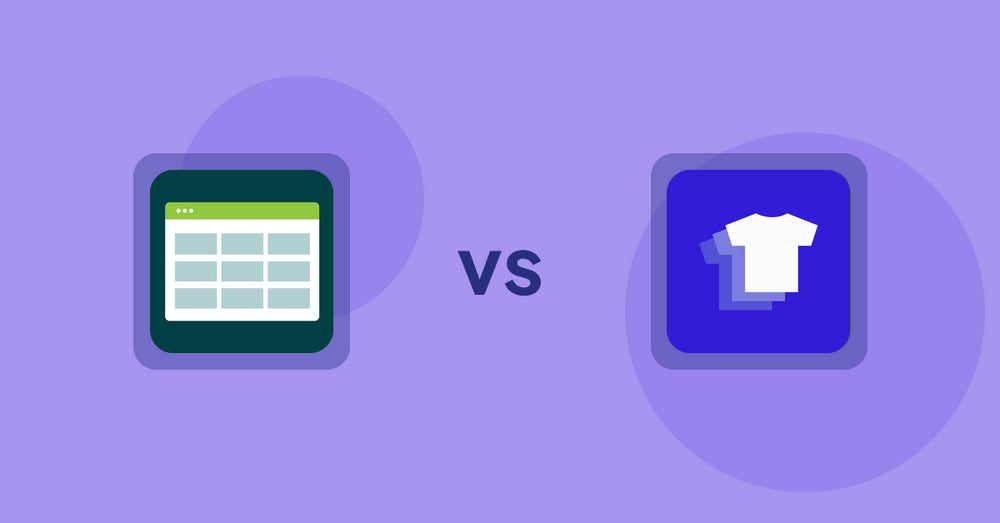
Shopify Product Display Apps: Product Table vs. Xpander

Shopify Product Display Apps: Selling Fast vs CartBar ‑ Product Purchase Bar
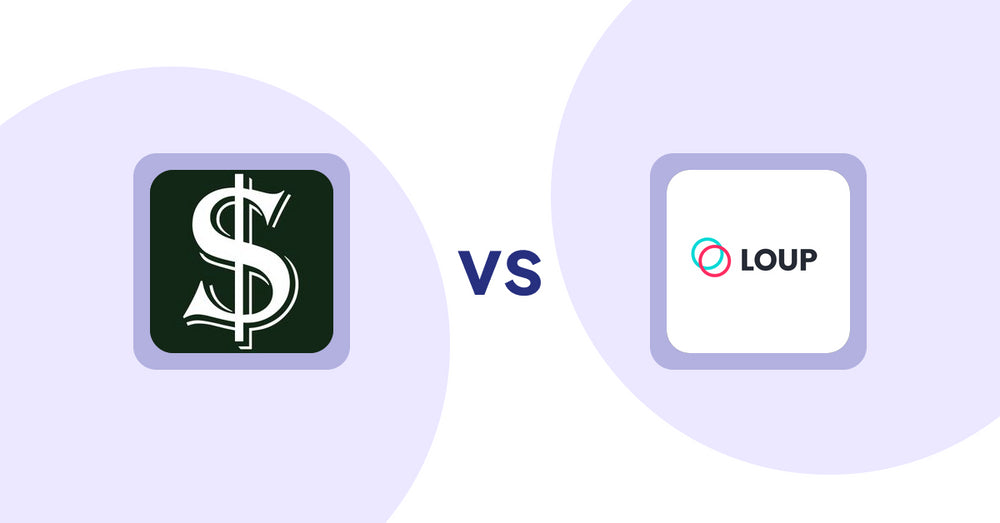
Shopify Product Display Apps: Selling Fast vs. Loup: Sell on Instagram

Shopify Product Display Apps: Selling Fast vs. Findify Search & Merchandise

Shopify Product Display Apps: Selling Fast vs. Aiuta
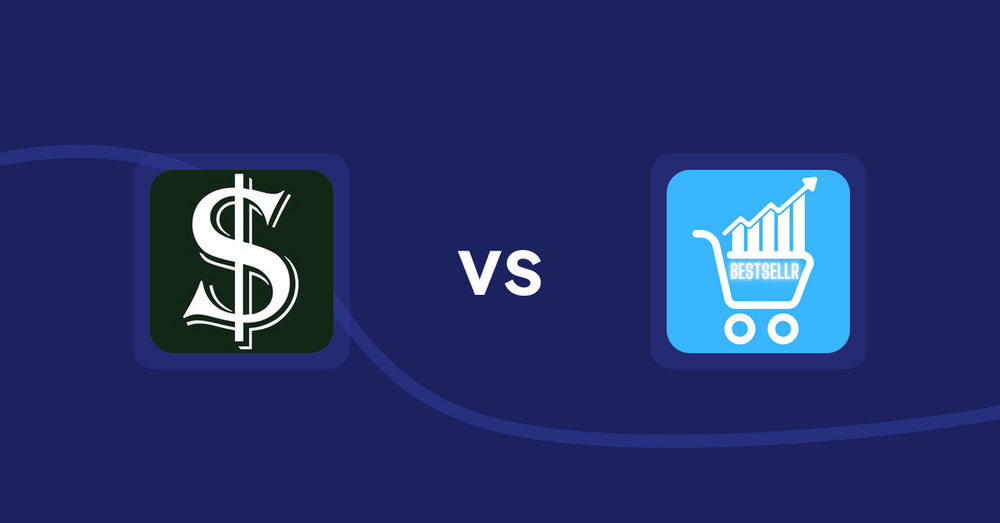
Shopify Product Display Apps: Selling Fast vs Bestsellr

Shopify Product Display Apps: Selling Fast vs ProductTube
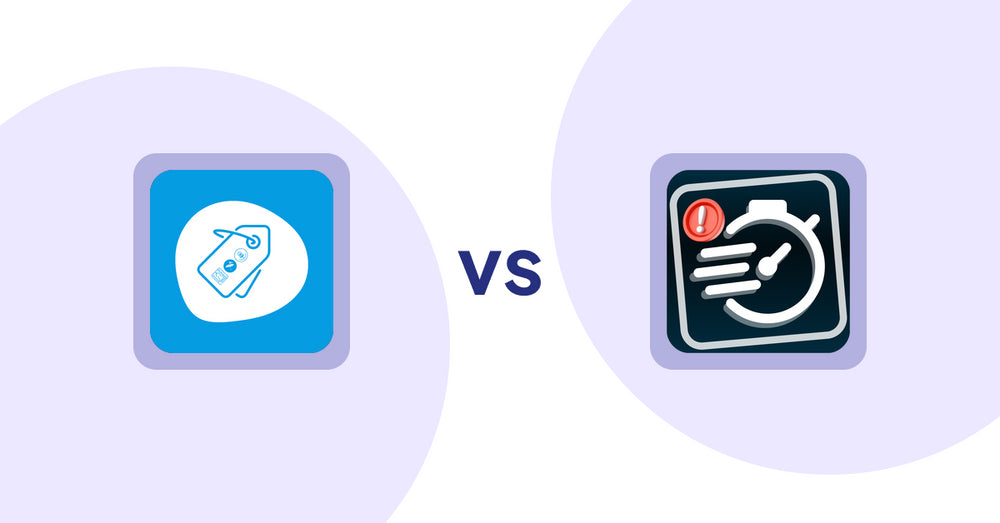
Shopify Product Display Apps: Extendons Product Tag Images vs Urgency! Low Stock Counter
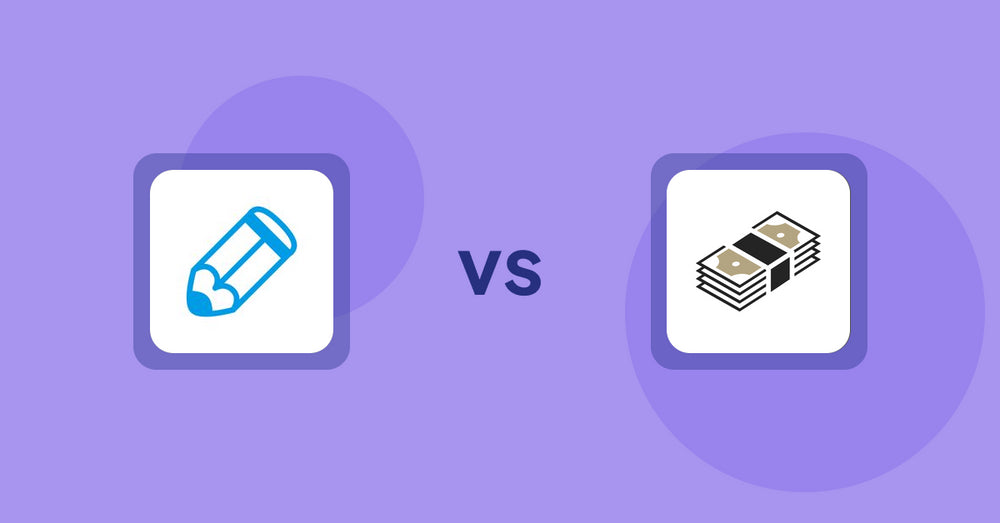
Shopify Product Display Apps: Writer Sofia vs シンプルクラウドファンディング|お手軽自社クラファン

Shopify Product Display Apps: Writer Sofia vs Wordsmith: Content Generator
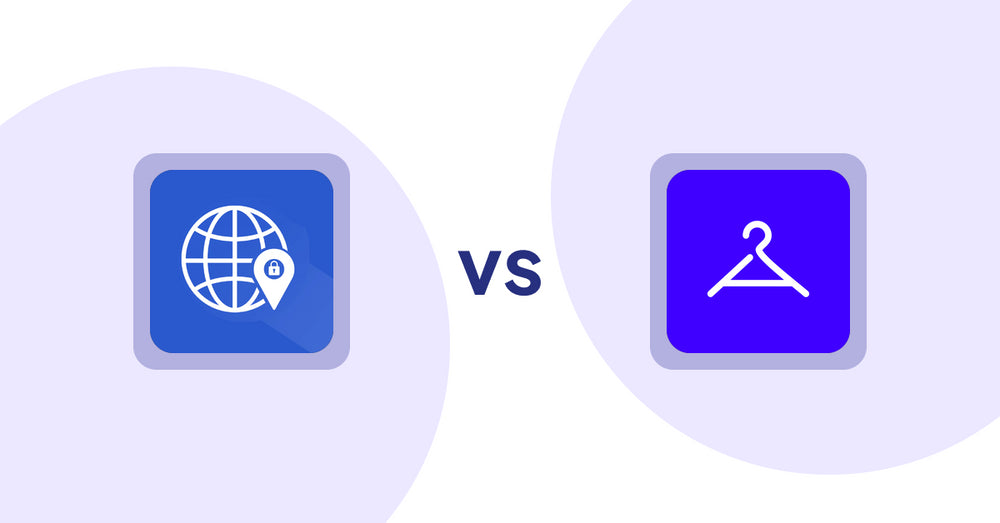
Shopify Product Display Apps: Addify ‑ Country Restrictions vs Aiuta
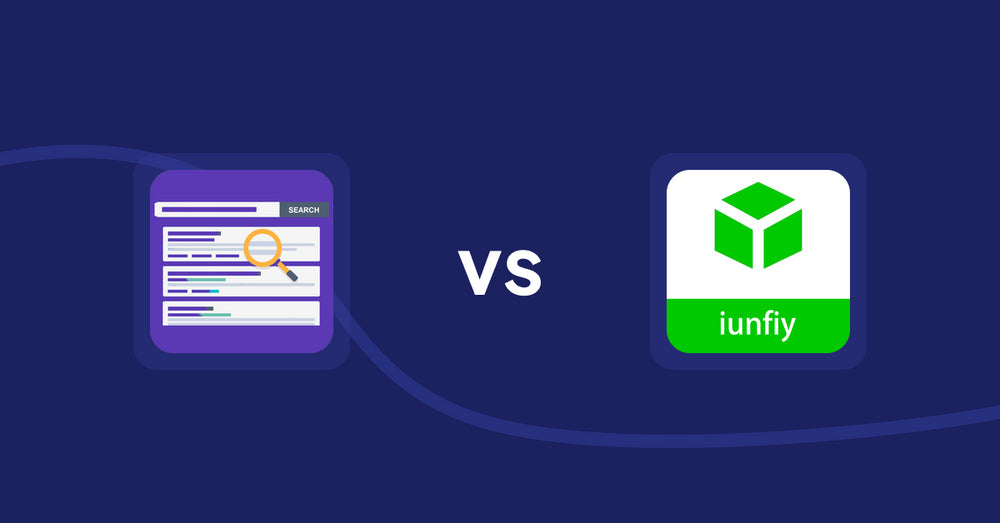
Shopify Product Display Apps: Spark AI Products Description vs iunfiy • Related Products
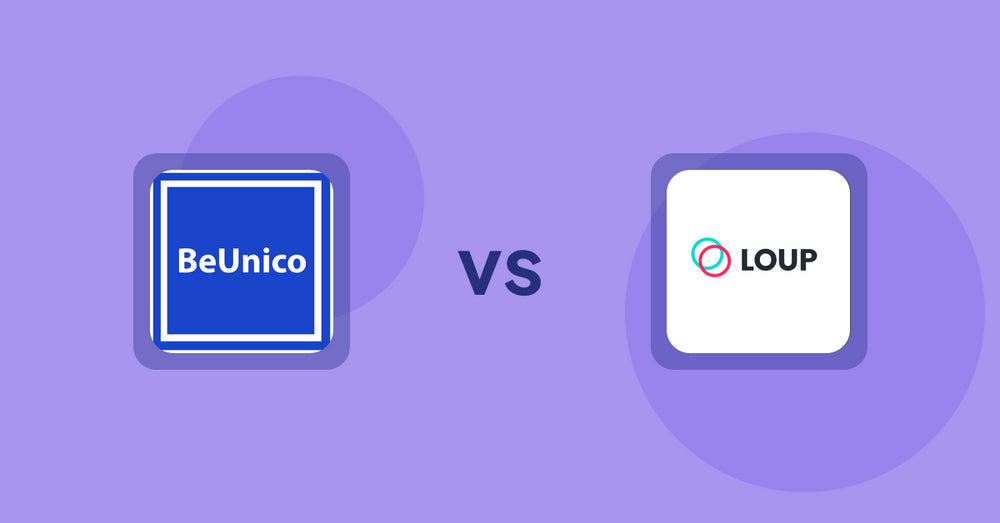
Shopify Product Display Apps: BeUnico vs Loup: Sell on Instagram
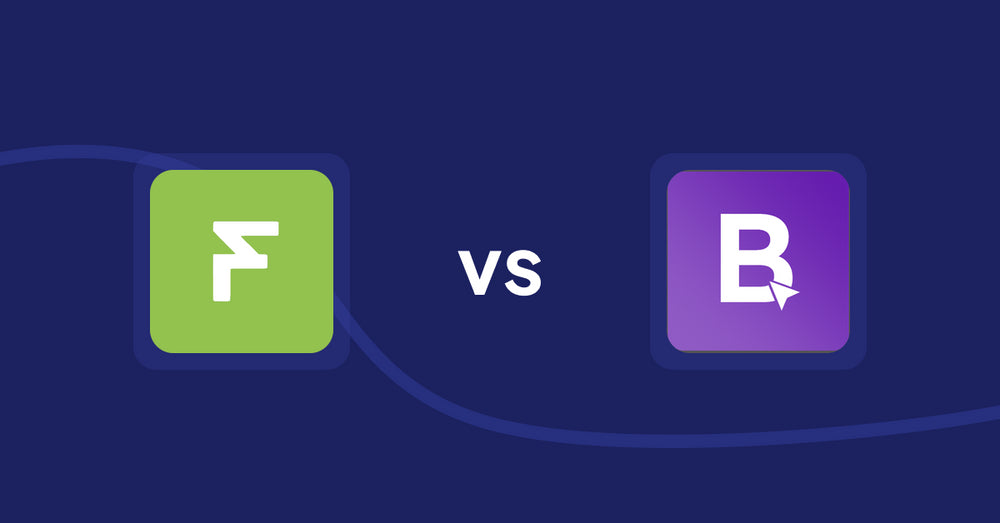
Shopify Product Display Apps: Easy Estimate Shipping vs BookE ‑Rent Property & Service
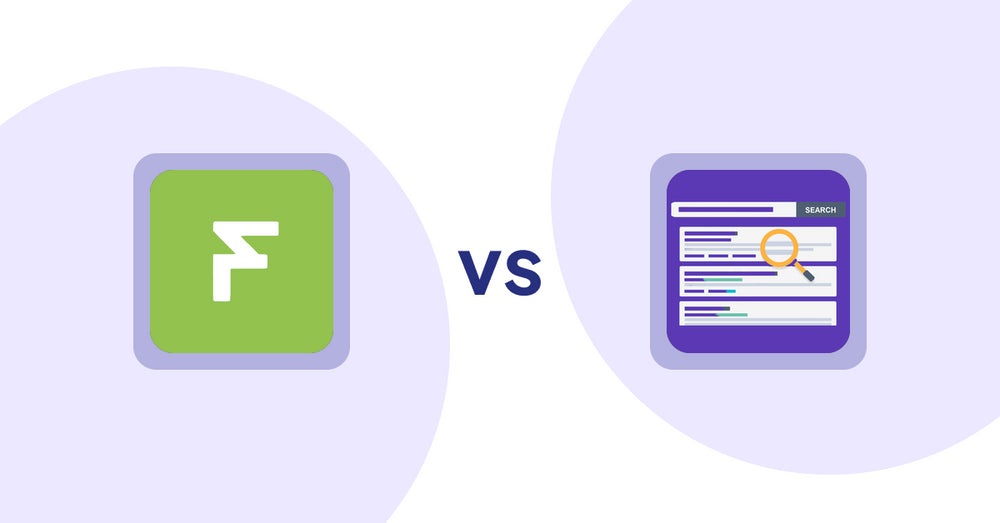
Shopify Product Display Apps: Easy Estimate Shipping vs. Spark AI Products Description
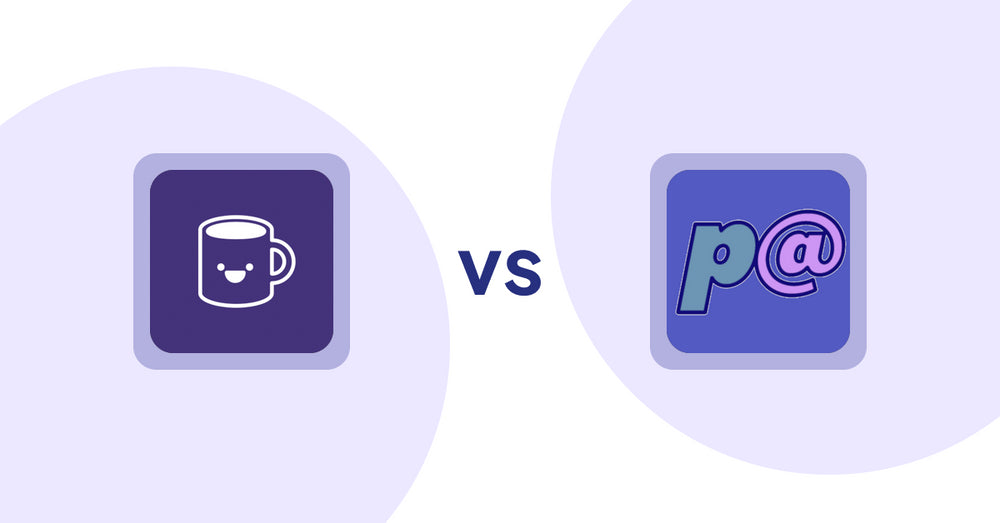
Shopify Product Display Apps: Mugshot Bot vs Parameterizer
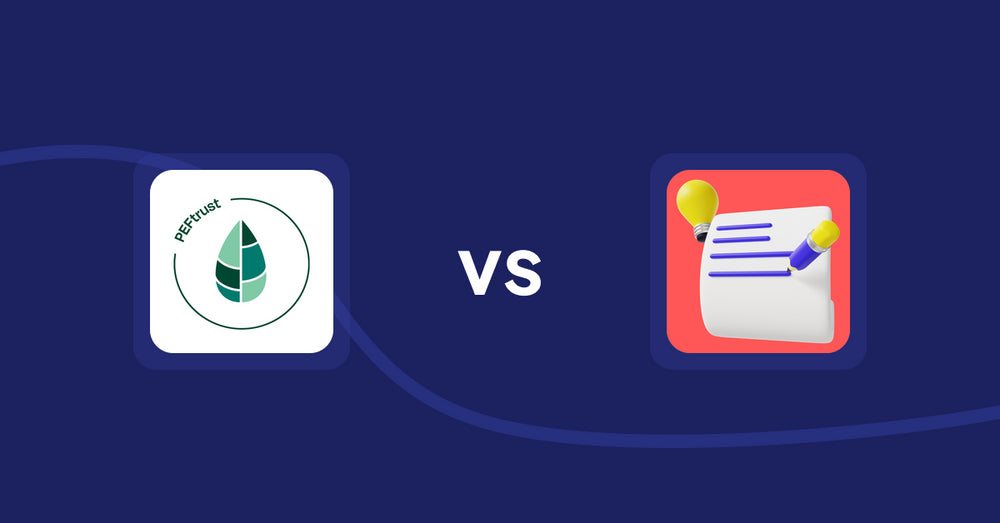
Shopify Product Display Apps: Peftrust vs. Wordo ‑ ChatGPT AI Description

Shopify Product Display Apps: Quick Product Navigator Slide vs Reelify ‑ Shoppable Reel Video
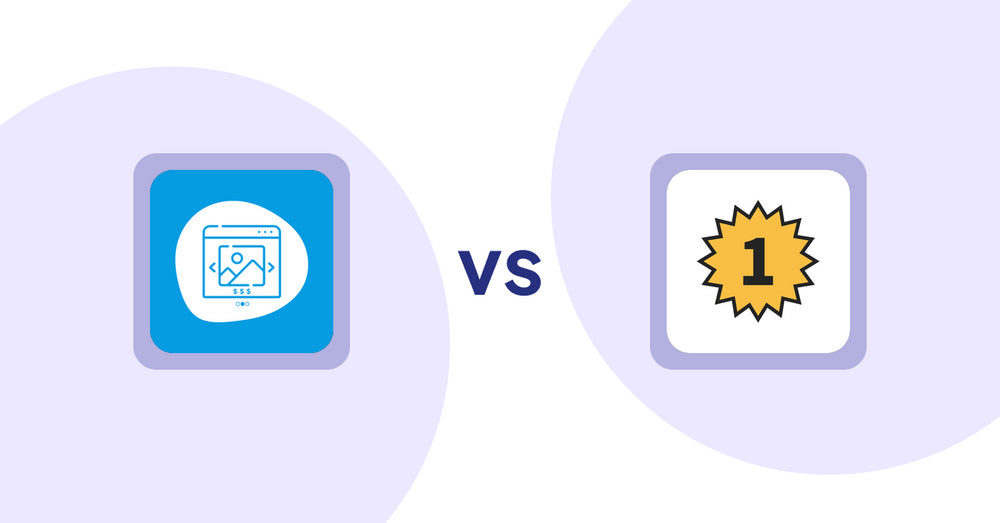
Shopify Product Display Apps: Quick Product Navigator Slide vs. UR: Smart Ranking
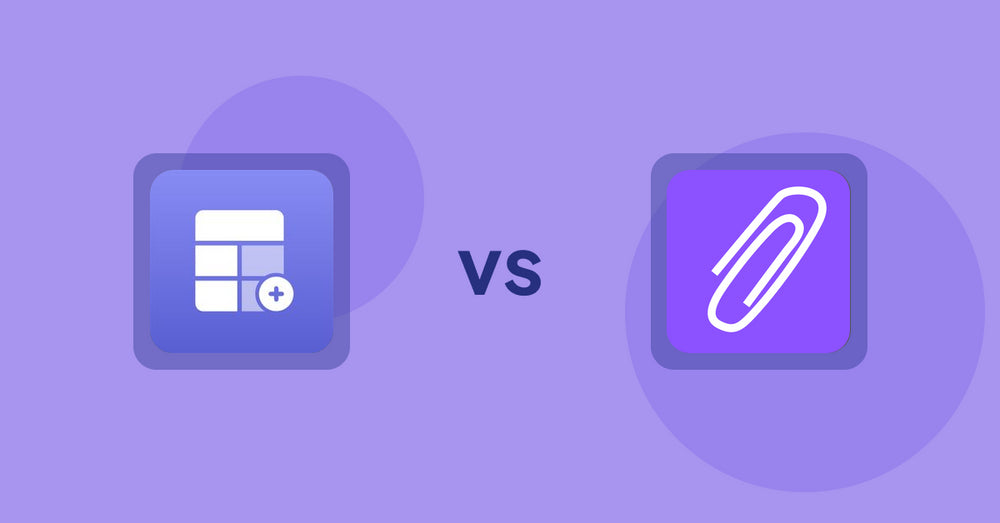
Shopify Product Display Apps: Eazy Specification Tags Table vs Agile Attachments
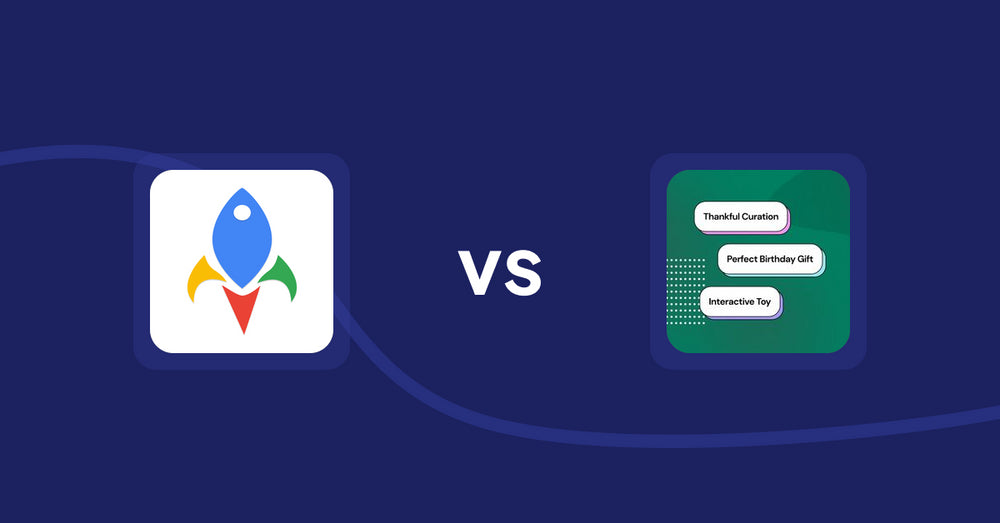
Shopify Product Display Apps: Jedi Back In Stock Admin Alert vs FeatureFrame ‑ Pretty Product
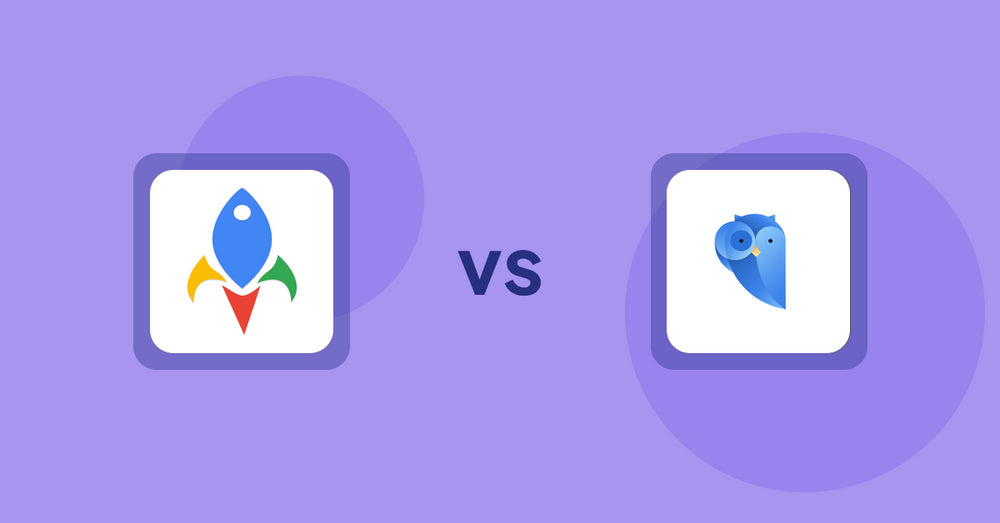
Shopify Product Display Apps: Jedi Back In Stock Admin Alert vs. Findify Search & Merchandise
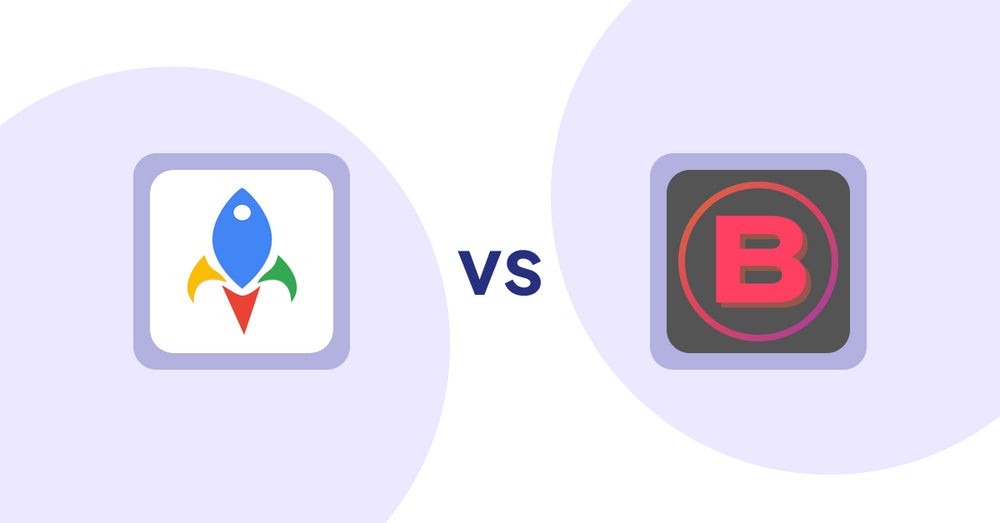
Shopify Product Display Apps: Jedi Back In Stock Admin Alert vs Banter Stories
